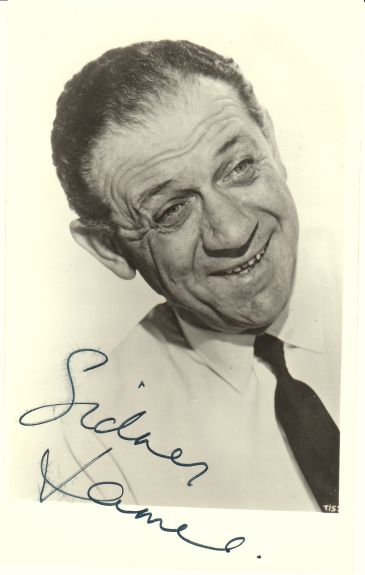



Eventually Johnny arrives at the only standpoint where wholesale avoidance of confrontation through racism is tenable: he adopts the refuge of the outcast and the solace of the misunderstood. He speaks of not belonging and the question here perhaps is why this should be so.
Dearden works within the taboos. Johnny and Pat show all the signs of a couple falling in love, but physical contact is minimal and a romantic clinch would have been out of the question. Social mores of the day dictated that their passion should never be fulfilled.

MONTHLY FILM BULLETIN
THE BRITISH FILM INSTITUTE
Volume 18, No.206, March 1951, page 229
POOL OF LONDON (1950)
The Dunbar docks in the Pool of London one Friday evening, and her crew prepare to go ashore. Among them are Dan (Bonar Colleano), who has been making some easy money by smuggling, and Johnny (Earl Cameron) a young Jamaican on his last voyage before going home. Dan visits a music hall to meet his smuggling friends, and agrees for a hundred pounds to carry a mysterious package with him to Amsterdam. Johnny, meanwhile, falls in with the music hall cashier, who is kind to him when the door-man tries to throw him out. On Sunday Dan receives the package-not knowing that it contains the proceeds of a jewel raid, in which the watchman has been killed. When he shows the money to his girl friend, she insists on opening the parcel, and persuades him to keep the diamonds for himself. As Dan is already in trouble with the customs, he gives the parcel to Johnny to take aboard ship for him. Johnny, meanwhile, is falling in love with the cashier, although realising that he means nothing to her. After saying goodbye to her he returns to the ship to find that sailing has been postponed, for the police are aboard, and Dan is being hunted for murder. Johnny goes back, sees Pat with her own friends, and spends the night getting drunk. Dan, on the run, is deserted by his girl friend, but consoled by another girl who promises to wait for him if he will give himself up. Instead, he falls in again with the gang, escapes from them and from the police, but finally changes his mind and comes back, to intercept Johnny, take back the diamonds, and surrender to the police.
Pool of London is closely modelled on Dearden's earlier picture, The Blue Lamp, telling the same sort of melodramatic crime story in a realistic setting-the river landmarks, the workings of customs officers and river police. A third element is provided by the abortive love of the coloured sailor for the London girl. The mixture has not fused into a whole. The central theme advances in a curiously jerky and disorganised manner; the excitement which the story does not sustain is occasionally whipped up by artificial means - such as the crime itself, and the capture of the crooks - but this tends to produce only the effect of a series of anti-climaxes resulting in a lack of co-ordination and of rhythm. Tension, too is dissipated in pleasant but meaning-less shots of the river scenery, and in ineffectual scenes between the Negro and the girl.
This, which distracts attention from the main story, is the film's least successful element. The relationship is treated as an interlude which can have no outcome, but is not handled with that feeling or sympathy which would justify its part in the film. This is due in part to the inadequacy of the players (Earl Cameron suggests a pleasant personality, but is clearly an inexperienced actor), but more to that of the director. Dearden handles the scenes of violence in a craftsmanlike if rather contrived and artificial manner, but tenderness and feeling escape him. Pool of London has the elements of an average melodrama, but they are never satisfactorily brought together, and the result is a diffuse film, lacking shape and control.
The Monthly Film Bulletin was published by the British Film Institute between 1934 and 1991. Initially aimed at distributors and exhibitors as well as filmgoers, it carried reviews and details of all UK film releases. In 1991, the Bulletin was absorbed by Sight and Sound magazine.

Pool of London | |
|---|---|
| Directed by | Basil Dearden |
| Produced by | Michael Balcon
Michael Relph (associate producer) |
| Written by | John Eldridge
Jack Whittingham |
| Starring | Bonar Colleano
Earl Cameron Susan Shaw |
| Music by | John Addison |
| Cinematography | Gordon Dines |
| Editing by | Peter Tanner |
| Release date(s) | 1951 |
| Running time | 85 mins |
| Country | United Kingdom |
| Language | English |

No comments:
Post a Comment